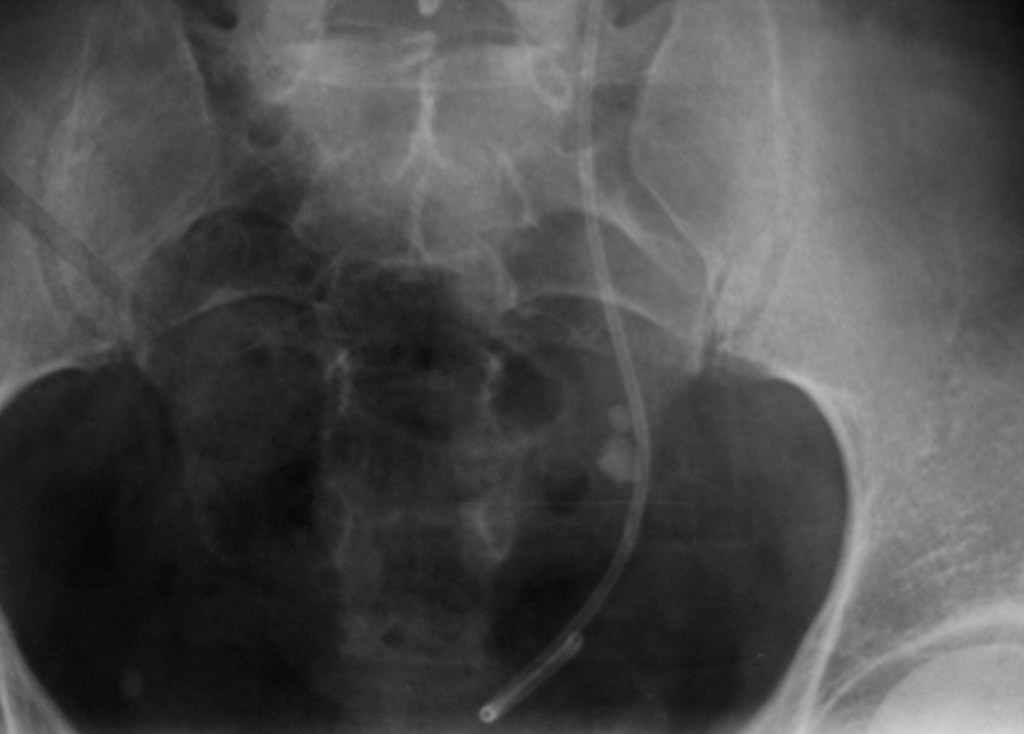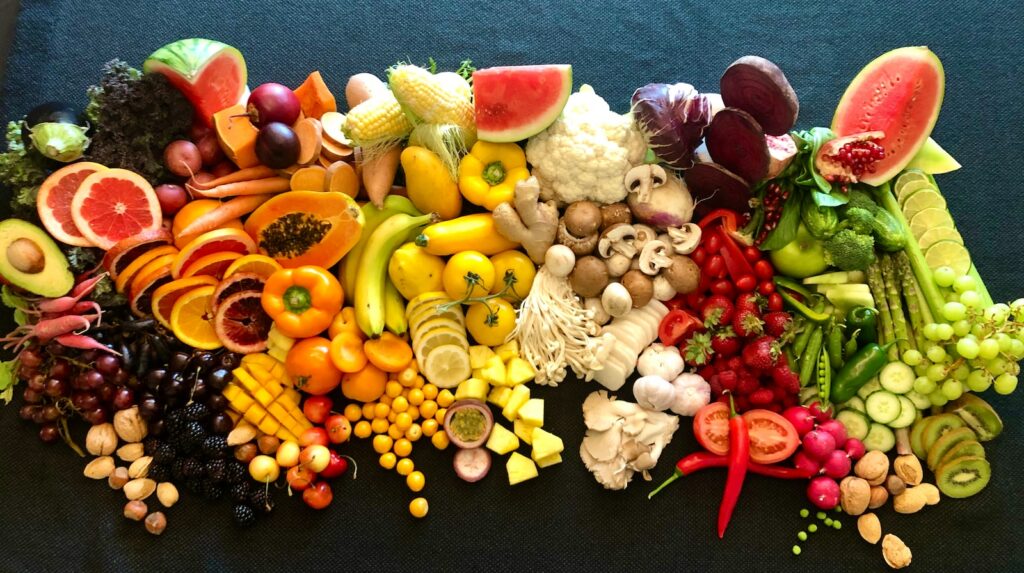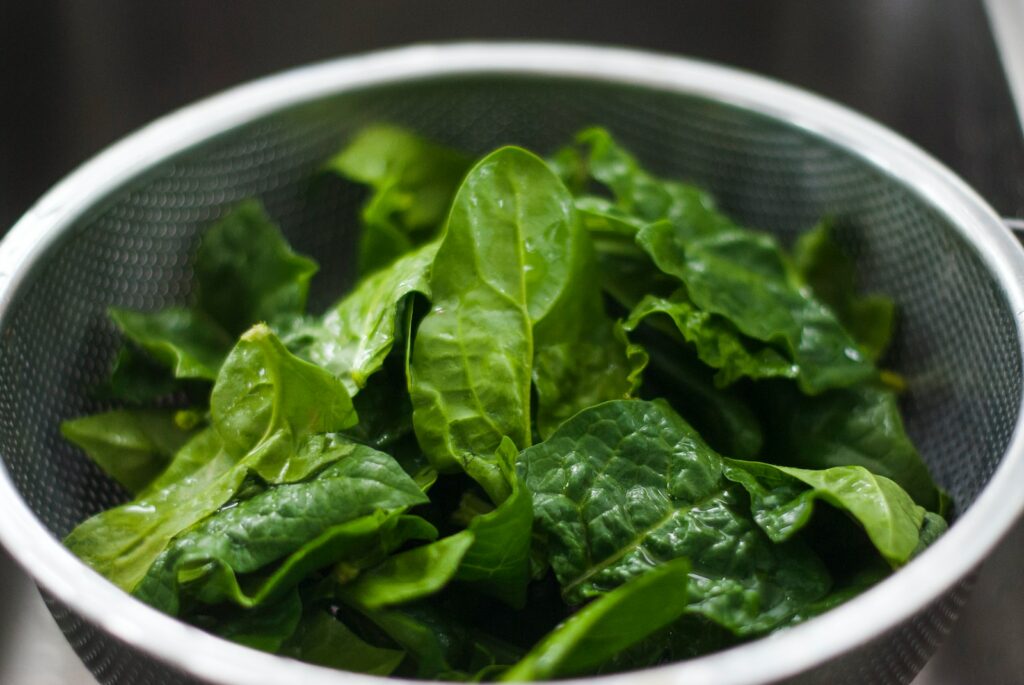The article titled “Do the Oxalates in Spinach Cause Kidney Stones?” explores the relationship between dietary oxalates, particularly those found in spinach, and the risk of developing kidney stones. While kidney stones can be incredibly painful and affect as many as one in ten individuals during their lifetime, the impact of oxalates on stone formation seems to be relatively small. People who are predisposed to kidney stones appear to have a higher absorption of oxalates in their intestines, which may be a genetic factor rather than a result of their diet. Additionally, removing fruits and vegetables from one’s diet may actually increase the risk of kidney stones due to the alkalizing effects of these foods on urine pH. Further investigation is required to determine the specific levels of oxalate intake that could put individuals at risk and whether cooking high-oxalate greens or consuming large amounts of them is a concern. To learn more about this topic and kidney stone prevention and treatment, readers are encouraged to watch the accompanying videos and follow NutritionFacts.org on social media platforms.
Dietary Oxalates and Kidney Stones
Kidney stones affect as many as one in ten people in their lifetime and can cause excruciating pain. The most common type of kidney stones is oxalate stones, which form when the concentration of oxalate in the urine becomes too high and crystallizes out of solution. Foods like spinach contain a high amount of oxalates, which raises the question of whether reducing oxalate intake can lower the risk of kidney stones. However, research suggests that dietary oxalates may have a limited effect on the risk of kidney stones in most people. Instead, there are other predisposing factors that play a significant role.
Oxalate Absorption and Kidney Stone Risk
The absorption of oxalate in the intestines plays a crucial role in the formation of kidney stones. Some individuals have a condition called hyperoxaluria, where they absorb 50% more oxalate than non-stone formers. This higher absorption of oxalate increases the concentration of oxalate in the urine and raises the risk of oxalate stone formation. Genetic and environmental factors also play a significant role in kidney stone risk, with genetic factors having a more significant impact than dietary factors.

Effect of Dietary Oxalates on Kidney Stone Formation
Research suggests that the impact of typical dietary oxalate on urine oxalate levels is relatively small. Even with a massive increase in dietary oxalates, the concentration of oxalates in the urine only mildly increases. Therefore, genetic factors play a more critical role in determining an individual’s kidney stone risk than dietary factors. However, it is important to note that individuals predisposed to kidney stones should still monitor their oxalate intake and consult with a healthcare professional for personalized advice.
Benefits of High Fruit and Vegetable Intake
Contrary to what one might expect, increasing fruit and vegetable consumption can actually lower the risk of kidney stones. Fruits and vegetables have alkalizing effects on urine pH, which aids in the prevention of kidney stone formation. Additionally, reducing animal protein intake, which has an acid-forming effect on the kidneys, can further decrease the risk of kidney stones. Therefore, a diet rich in fruits and vegetables can be beneficial for kidney stone prevention.

Risk Factors for Oxalate Kidney Stones
While most people do not need to be overly concerned about oxalate intake, certain circumstances and risk factors can increase the likelihood of developing oxalate kidney stones. Some individuals may be at risk with high oxalate intake, especially if they have extenuating circumstances such as gastric bypass surgery or a history of prolonged antibiotic use. It is essential to be aware of these risk factors and consult with a healthcare professional for personalized recommendations.
Comparing High-Oxalate Greens
Certain greens have a higher oxalate content than others. Spinach, beet greens, and Swiss chard contain relatively high levels of oxalates, while kale has significantly lower oxalate content. Despite the higher oxalate content in certain greens, it is unlikely that reasonable consumption of kale would pose a risk of oxalate kidney stones. The graph comparing the oxalate content of different greens highlights the significant difference in oxalate levels.

Cooking and Oxalate Absorption
The method of cooking can affect the oxalate content in greens. While cooking greens does reduce their oxalate content, it is important to note that boiling greens can lead to some oxalates leaching into the cooking water. This means that individuals who consume the cooking water may still be exposed to oxalates. However, the overall impact of cooking on oxalate absorption and kidney stone risk is still relatively limited.
Determining Optimal Oxalate Intake
It is challenging to determine an exact threshold for oxalate intake that poses a risk for kidney stones. Individual factors, including genetics and overall health, can influence an individual’s tolerance to dietary oxalates. Consulting with a healthcare professional or a registered dietitian can help determine the optimal oxalate intake for people with specific circumstances or a high risk of kidney stones.

Additional Resources
For more information on kidney stones and diet, there are related videos available on this topic. Staying updated with NutritionFacts.org through social media platforms such as Facebook, Instagram, and Twitter, as well as subscribing to their free monthly newsletter, can provide valuable information on various health topics, including kidney stones and diet.
Overall, while dietary oxalates may have a limited impact on kidney stone risk for most individuals, it is important to be aware of predisposing factors and consider factors such as fruit and vegetable consumption, as well as the overall balance of one’s diet. Understanding individual risk factors and maintaining a well-rounded and balanced diet can contribute to the prevention of kidney stones.